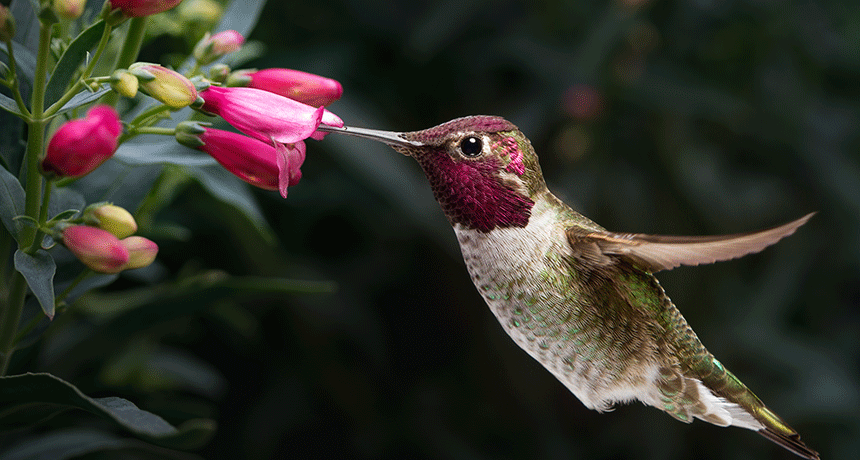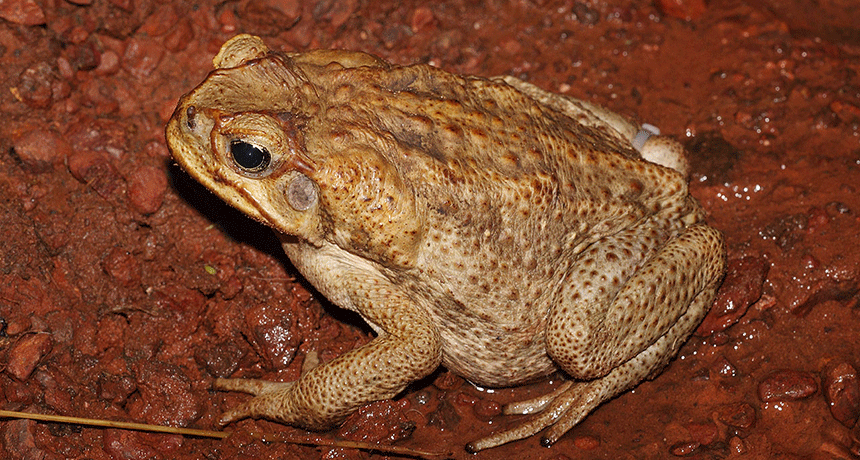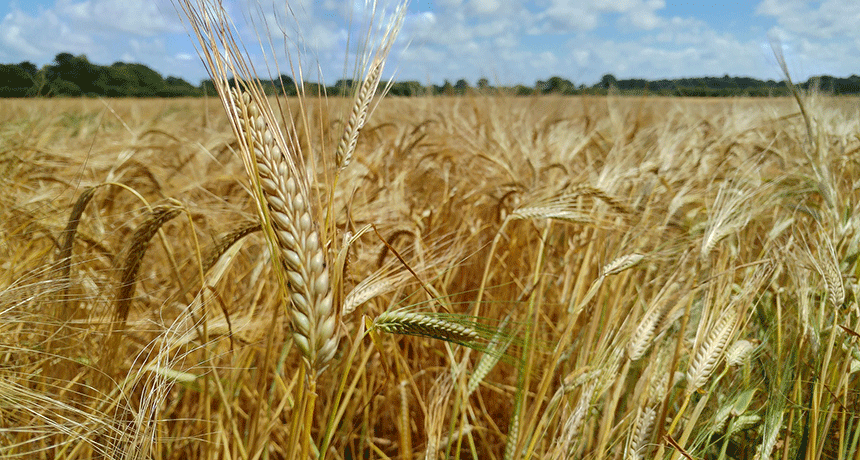Plants
-
 Plants
PlantsNeed a little luck? Here’s how to grow your own
A 2019 Intel ISEF finalist used a plant hormone and extra fertilizer to boost the numbers of multi-leafed clovers — including lucky four-leafed plants — she could reliably grow.
By Sid Perkins -
 Animals
AnimalsWarming pushes lobsters and other species to seek cooler homes
Plants and animals are moving toward the poles, changing timing of important events and more — all in response to climate change.
-
 Animals
AnimalsLife on Earth is mostly green
A new survey of life on Earth finds that plants and microbes dominate. But even though humans are in the minority, they still play a major role.
-
 Chemistry
ChemistryThis houseplant can clean indoor air
Houseplants may be able to help clean up polluted indoor air. Scientists gave this one a boost by givng it a gene from a rabbit.
By Diana Crow -
 Ecosystems
EcosystemsRare-plant hunters race against time to save at-risk species
One in five plants is at risk of extinction. Meet the rare plant hunters who rappel down cliffs and trek through forests to save them.
-
 Life
LifeScientists Say: Nectar
Nectar is a fluid filled with sugar that plants — especially flowers — produce. They use it to attract animals that will then spread their pollen to another plant.
-
 Genetics
GeneticsPlants don’t grow well when always on high alert
Plants make bitter-tasting chemicals to defend themselves against hungry bugs. But they pay a cost for always being on alert, scientists find.
-
 Physics
PhysicsThe plant world has some true speed demons
Some plants can fling, snap and hop at dizzying speeds. Such botanical gymnastics gives lie to the idea that all plants are slow, boring stick-in-the-muds.
By Dan Garisto -
 Chemistry
ChemistryOuch! Lemons and other plants can cause a special sunburn
These are among a host of plants (many found in the refrigerator vegetable drawer) that produce chemicals that will kill skin cells when activated by sunlight. The result can be a serious, localized sunburn — sometimes with blistering.
By Aimee Cunningham and Janet Raloff -
 Physics
PhysicsAn ancient plant inspires a new lab tool
Researchers have designed a lab tool that moves liquids from one place to another by mimicking a plant called a liverwort.
By Sid Perkins -
 Animals
AnimalsScientists Say: Invasive species
These are foreign species that are causing problems for native organisms and ecosystems.
-
 Climate
ClimateAnalyze This: Climate change could make food less healthy
Levels of important nutrients are lower in crops exposed to high levels of carbon dioxide, a greenhouse gas. How high? Try levels expected to be typical 30 years from now.